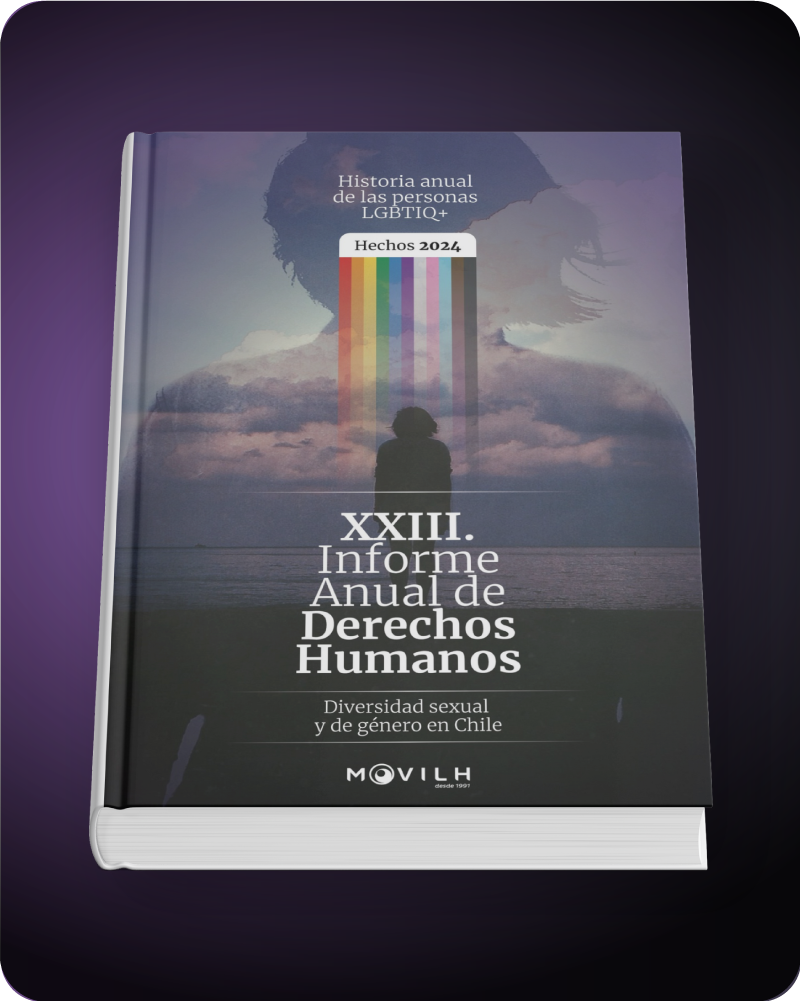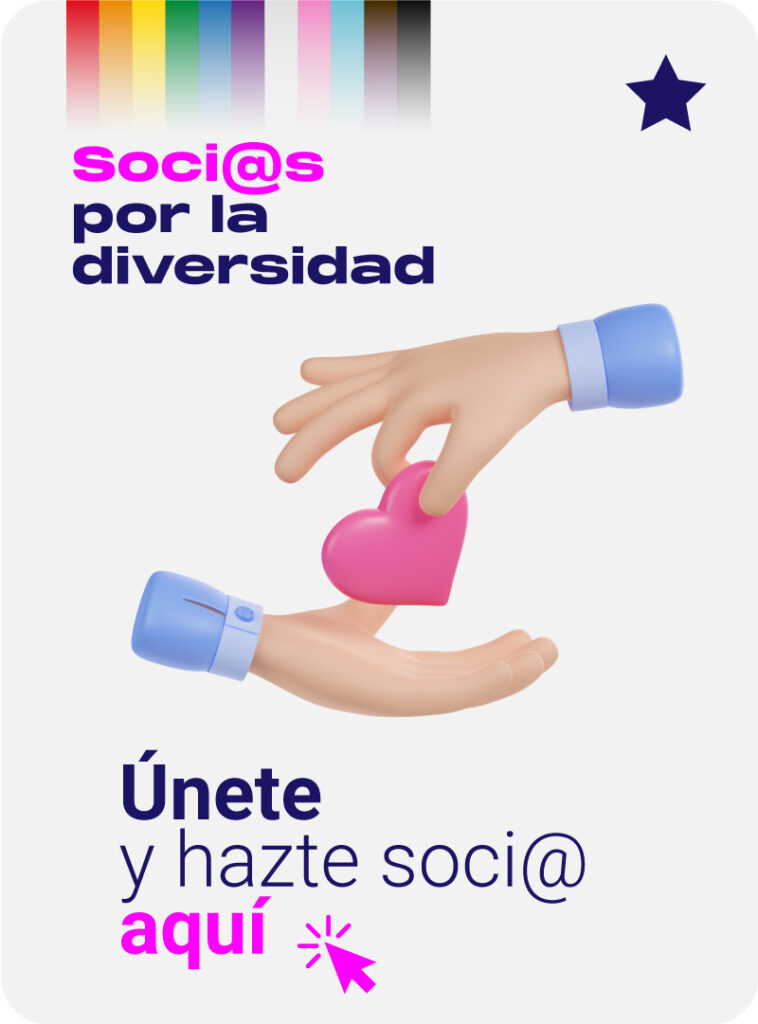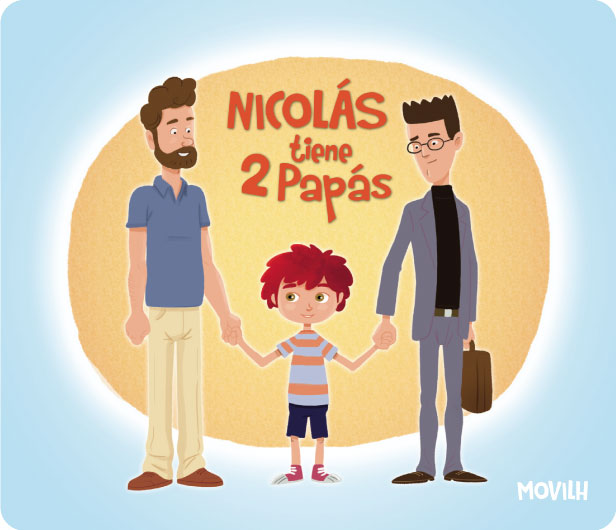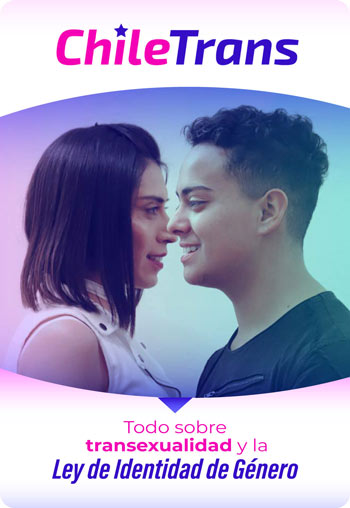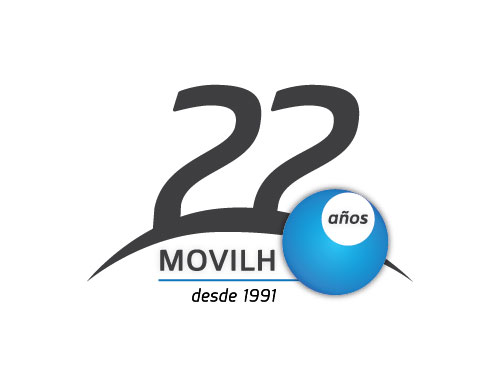 The Homosexual Movement of Integration and Liberation (Movilh) has since June 28, 1991, been an organism striving to defend the human rights of lesbians, gays, bisexuals and transsexuals (LGBT). Their interventions are carried out on a national level and includes the social, cultural, political, economic, juridical and legislative sectors.
The Homosexual Movement of Integration and Liberation (Movilh) has since June 28, 1991, been an organism striving to defend the human rights of lesbians, gays, bisexuals and transsexuals (LGBT). Their interventions are carried out on a national level and includes the social, cultural, political, economic, juridical and legislative sectors.
Movilh is a non-profit organization and also autonomous and independent from all ideological, political and economical currents. The organization is composed of professionals, technicians, workers and students with a diversity of sexual orientations, gender identities and political and religious tendencies.
Nearly all of the actions carried out by Movilh are made possible thanks to the voluntary work of everyone incorporated, of which no one receives compensation or any salary for the labor contributed.
Considered as the first and most visible movement for sexual diversity within Chile, the record of Movilh consists of a large and emblematic variety of actions and achievements for the benefit of individuals affected by sexual and/or gender discrimination.
The work of Movilh has been acknowledged and validated by the United Nations Development Program (UNDP), by the Regional Office of South America under the Office of the High Commissioner of Human Rights and by Amnesty International, which declared the collective as “Representatives of the Republic of Conscience”.
The organism has also received honors for its practices against discrimination from the Ministry General Secretariat of Government and from UNESCO, from political collectives like PPD (Partido por la Democracia) and PRO (Partido Progresista), and has also received honors and prizes from human rights organizations; both heterosexual and homosexual and trans; distributed from all over the country.
The organizational structure of Movilh is composed of a presidency, a vice presidency, four spokesmen, four areas and work groups, elected in the General Assembly.
| Structure of Movilh | |
| President | Rolando Jiménez |
| Vice presidente | Gonzalo Velásquez |
| Spokesmen | Óscar Rementería |
| Director Area of Human Rights | Alberto Roa |
| Director Area of Culture and Academia |
Marta Recabarren
|
| Director Area of Social y Health |
Andrea Castañeda
|
| Director Area of Legislature and Public policy |
Alan Spencer
|
| Responsible Movilh Trans | María Isabella Aguayo |
| Responsible Movilh Women | Carla Oviedo |
| Responsible Movilh Youth |
Camilo Geisbuhler
|
| Responsible Movilh Family | Margarita Velásquez |
| Honorary President | Paulette Favres |
LEGAL AND ADMINISTRATIVE RECORD
Movilh was approved as legal personality on May 25, 2005, by the Minister of Justice.
The legal personality has the name “Non Governmental Development Organization for Homosexual Integration and Liberation”. It is also possible to legally utilize the name “ONG Movilh”.
The authorization of the legal personality was signed by the Minister of Justice, Luis Bates Hidalgo, in the Decree 1858, in which was also approved the statutes of MovilH “in the terms that witness the instrument under number 1017, with the date January 20, 2005, before the public notary of Santiago, Mr Raúl Mella Santibáñez, supplemented by Mr Gastón Santibáñez Soto”.
The Decree 1858 was framed according to Supreme Decree 110, the Regulations of the Concession of Legal Personality to Corporations and Foundations, to Supreme Decree of Justice 679 and to Resolution 661 of the General Comptroller of the Republic of Chile.
Rut Movilh: 65.535.000-4 Legal representative: Rolando Paul Jiménez Pérez Direction: Coquimbo 1210, Santiago, Centro.
Before May, 2005, Movilh utilised other legal names for its legal representation (Center for Multidisciplinary Investigation on Sexuality (Cimusex) and Cultural Center for the Promotion of Sexual Health); that because an organization which name expressed sexual diversity wasn’t given the conditions to become considered a legal personality.
The principal collective organs within the internal administration of Movilh are the Ordinary and Extraordinary General Assemblies, the Commission of Revision, the Tribunal of Discipline and its members.
In the Ordinary General Assembly, which is held once a year, a) the board presents an evaluation and a summary of its management b) the time and date for the elections are determined which can be held at the same time as the Assembly,
Furthermore the Extraordinary General Assembly handles: a) reforms of the statutes, b) the dissolution of the NGO, c) claims against the directors of the Commission of Revision and d) association with other corporations.
- Members: Agreeing with the statutes of the NGO Movilh, the duration of the entity “is indefinite and the number of member shall not extend fifty”.
There are two types of members:
-The Active Member has a variety of rights and obligations established in the statutes, and their admission must be a part of the principles of the organization. It is possible to become an active member by the decision of 2/3 of the members of the board or by subscription of act.
-The Member of Honor has the right to participate in the General Assembly of the Organization and to be informed of the various activities. The title «Member of Honor» is acquired by the agreement of the General Assembly.
- Commission of Revision: Is composed by members elected in the Ordinary Assembly and has as objective to every trimester revise the incomes and costs of the organization, having access to all documents necessary to the board, and the role to formulate observations considered necessary.
- Tribunal of Discipline: Is composed of induviduald elected in the General Assembly and includes the president and a secretary.


